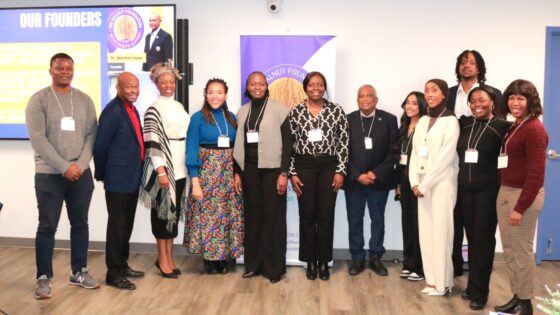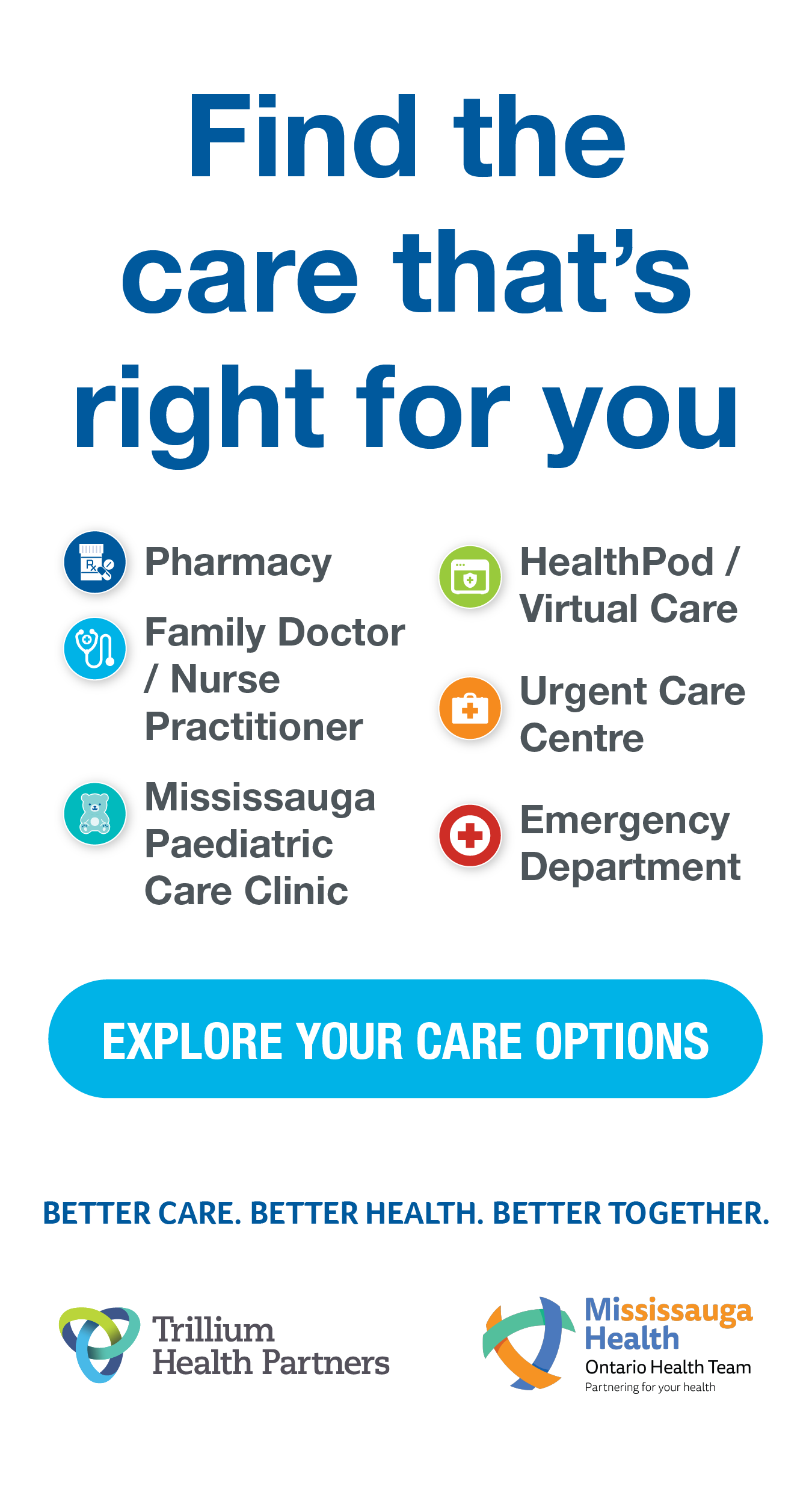on
BY SIMONE J. SMITH
On Monday March 1st, 2021, Toronto, Ontario recognized Black Mental Health Day. This day was first officially recognized on March 1st, 2020 after the Ontario government recognized the need to deliver mental health services due to the long-standing and enduring impact of anti-black racism on African Ontarians.
There has been a silent, but ongoing impact on mental health that has resulted from staying mute on issues of anti-African racism in public services. The government saw this as an important step that would lead to health care professionals working collectively to ensure that Africans living in the North can successfully access services that will allow them to live healthy lives.
Bill 178 was proposed in 2020, and was passed to highlight the inequitable treatment and unequal outcomes that African Ontarians face across all sectors, including the: education, justice, employment, housing and child welfare sectors.
There has been a lack of concrete action to address anti-black racism in public services like healthcare education, and in the area of housing services. What the Toronto Caribbean Newspaper would like to do is move this beyond one day. In this article, not only are we going to address some of the mounting issues that have ensued since COVID-19, but we are also going to provide resources for our community. It is one thing to have a day dedicated to mental health, it is another thing to take it past that day and provide tangible resources that are accessible to the people when then need it.
We read about the horrors of suicides, overdoses, and other mental health tragedies that have increased since COVID-19 started, but I wanted the inside scoop as to what we were not hearing about, so I reached out to the Institute for Advancements in Mental Health (IAM), and I had an opportunity to speak with their Program Manager, Kayla Nicholls.
The Institute for Advancements in Mental Health (IAM), formerly the Schizophrenia Society of Ontario, is a community mental health organization with a 40+ year history in mental health services. In 2020, IAM became agile and flexible in responding to the needs of the community they serve. Putting people (not diagnosis or illness) first, they wanted IAM to help even more people impacted by mental illness.
They expanded their service offerings beyond schizophrenia and psychosis, and became home to Canada’s first community-based mental health innovation platform where they co-create services to improve the quality of life for people who use them.
During our discussion, Kayla let me in on some scary, yet insightful information that I am going to share with you, our reader today.
“Since the pandemic hit Simone,” she began, “IAM has seen calls to its mental health support line jump by nearly 500%, most related to COVID-19, and nearly 60% of those were from caregivers in need.
From March to April 2020, we quickly moved all of the on-site, in-person and telephone supports onto digital platforms. This has allowed us to respond to that nearly 500% increase in volume and nearly 100% increase in demand for our educational offerings.
Our counsellors are hearing that many are struggling to cope each day, especially due to heightened anxiety brought on by the loss of support networks or vital activities. Many who care for others are calling in distressed, feeling overburdened by the extra responsibilities and lack of respite that being shut-in during the pandemic brings.”
From personal experience I know that when someone is living with mental illness, it is often a family member or friend who acts as their caregiver. This can leave the caregiver feeling emotionally and physically depleted. Caring for those with mental illness is essential, but it is as important to build and protect a caregiver’s resilience and knowledge. It is why offering help to caregivers has been a specialized priority for IAM for over four decades.
With the second pandemic wave, IAM is now seeing a corresponding increase of families in need. After serving over 1,000 families and individuals this year, IAM is still faced with requests that outpace their current capacity. They continue to evolve their services, and currently they do have some valuable resources available to the community. IAM’s essential services for caregivers includes free and subsidized support online through:
- One-On-One Counselling
- Support Groups
- Thematic Webinars
- Skills Development
If you are a caregiver in need, you can reach out to one of IAM’s counsellors at 1-855-449-9949 or email IAM at support@iamentalhealth.ca. The line is open from 9 am to 5 pm on weekdays, with expanded hours until 7 pm, on Tuesdays and Thursdays.
I also want to provide you with some organizations that are found within the African community that might be helpful for our readers.
Black Mental Health Canada
(https://blackmentalhealth.ca/)
Their services are targeted towards individuals of colour, primarily those who identify as: Black, African, or Caribbean. They work with individuals of all ages, and aim to be a hub and distributor of relevant mental health research pertaining to the black community.
Black Health Alliance
(https://blackhealthalliance.ca/)
The alliance works in partnership to build and maintain communities. They recognize the community’s problems as being collective, and work cooperatively to eliminate these issues. They provide programs to support people who have serious and ongoing meSntal health issues.
The Association of Black Psychologist
(https://www.abpsitoronto.org/)
The Association is organized to operate exclusively for clinical and educational purposes. They promote and advance the profession of African psychology, and develop programs that can assist in solving problems of African communities.
There is hope for recovery that remains as light is shed on the mental health challenges that we as Africans living in the diaspora face. We have to continue to hold policy makers accountable and work with health systems to evolve better systems, which eliminate inequities in mental health services. This is not a one-day thing it is an everyday thing.
Stay in the loop with exclusive news, stories, and insights—delivered straight to your inbox. No fluff, just real content that matters. Sign up today!
We, as humans are guaranteed certain things in life: stressors, taxes, bills and death are the first thoughts that pop to mind. It is not uncommon that many people find a hard time dealing with these daily life stressors, and at times will find themselves losing control over their lives. Simone Jennifer Smith’s great passion is using the gifts that have been given to her, to help educate her clients on how to live meaningful lives. The Hear to Help Team consists of powerfully motivated individuals, who like Simone, see that there is a need in this world; a need for real connection. As the founder and Director of Hear 2 Help, Simone leads a team that goes out into the community day to day, servicing families with their educational, legal and mental health needs.Her dedication shows in her Toronto Caribbean newspaper articles, and in her role as a host on the TCN TV Network.













